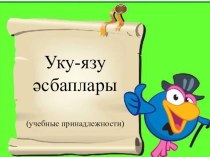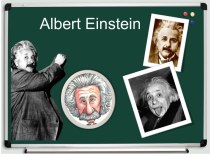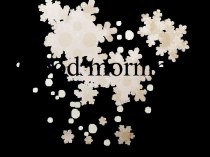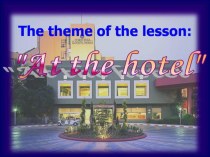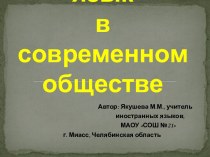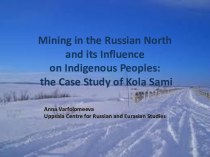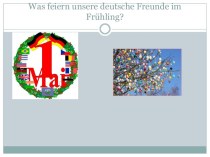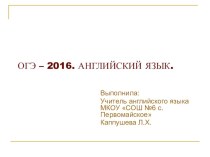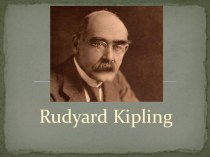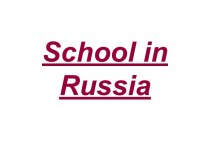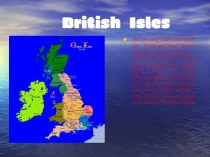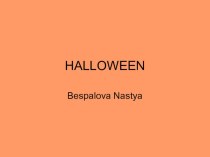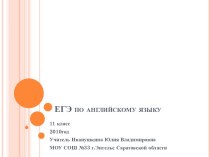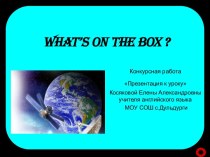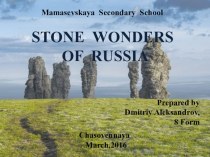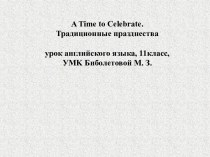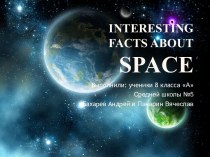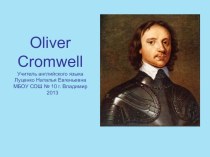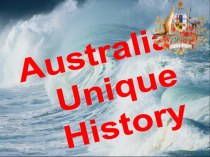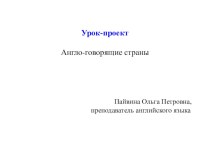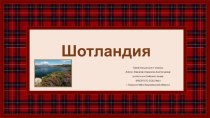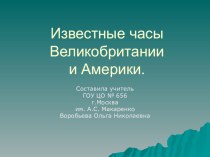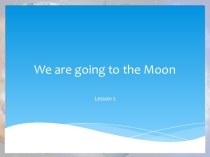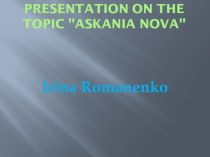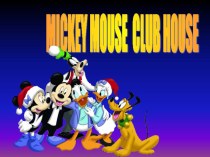- Главная
- Разное
- Бизнес и предпринимательство
- Образование
- Развлечения
- Государство
- Спорт
- Графика
- Культурология
- Еда и кулинария
- Лингвистика
- Религиоведение
- Черчение
- Физкультура
- ИЗО
- Психология
- Социология
- Английский язык
- Астрономия
- Алгебра
- Биология
- География
- Геометрия
- Детские презентации
- Информатика
- История
- Литература
- Маркетинг
- Математика
- Медицина
- Менеджмент
- Музыка
- МХК
- Немецкий язык
- ОБЖ
- Обществознание
- Окружающий мир
- Педагогика
- Русский язык
- Технология
- Физика
- Философия
- Химия
- Шаблоны, картинки для презентаций
- Экология
- Экономика
- Юриспруденция
Что такое findslide.org?
FindSlide.org - это сайт презентаций, докладов, шаблонов в формате PowerPoint.
Обратная связь
Email: Нажмите что бы посмотреть
Презентация на тему Welcome to Canada
Содержание
- 2. FLAG OF CANADA
- 3. COAT OF ARMS OF CANADA
- 4. Canada is a country occupying most of
- 5. The name Canada comes from a St.
- 6. Canada is a constitutional monarchy with Elizabeth
- 7. HOLIDAYS IN CANADA
- 8. Traditions: Public parks and buildings across Canada
- 9. National Aboriginal Day In cooperation with
- 10. Saint-Jean-Baptiste DayAll across Canada, French Canadians express
- 11. Canadian Multiculturalism Day is an opportunity to
- 12. Canada Day is an opportunity to gather
- 13. SIGHTS OF CANADA
- 14. Niagara Fall
- 15. The Niagara Falls are massive waterfalls on
- 16. Butchart Gardens
- 17. The Butchart Gardens is a group of
- 18. Great Lakes
- 19. The Laurentian Great Lakes are a chain
- 20. CANADA’S CITIES
- 21. OTTAWA
- 22. Ottawa is the capital of Canada and
- 23. TORONTO
- 24. Toronto is the largest city in Canada
- 25. MONTREAL
- 26. Montreal the largest city in the Canadian
- 27. Скачать презентацию
- 28. Похожие презентации
FLAG OF CANADA
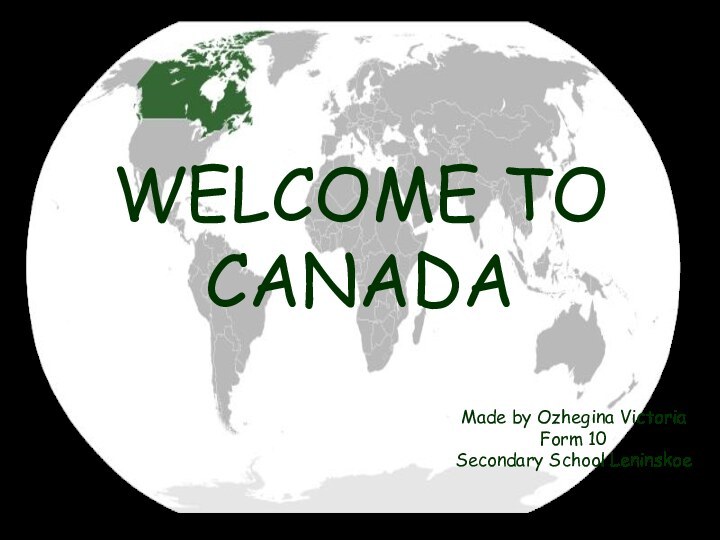
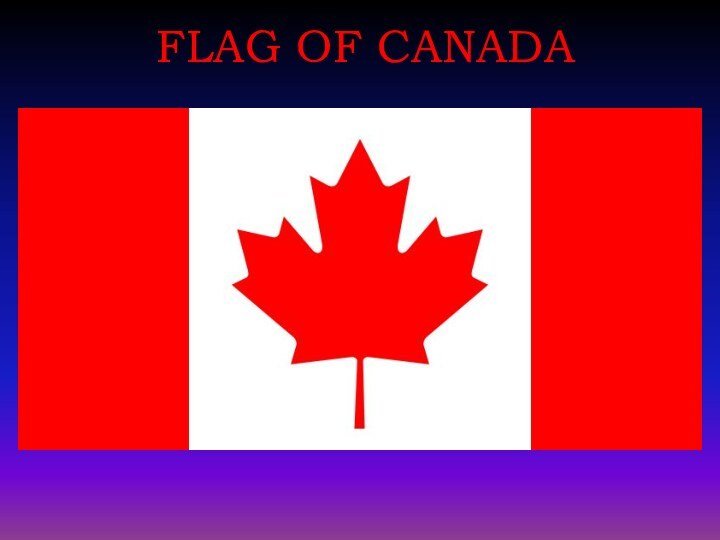
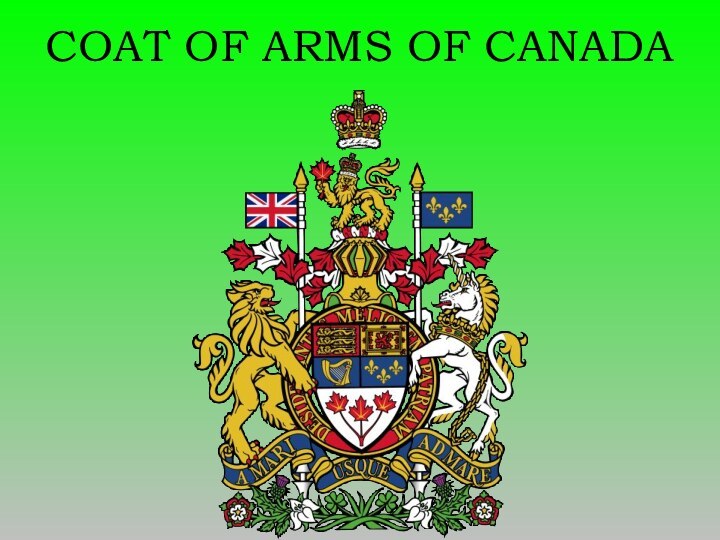
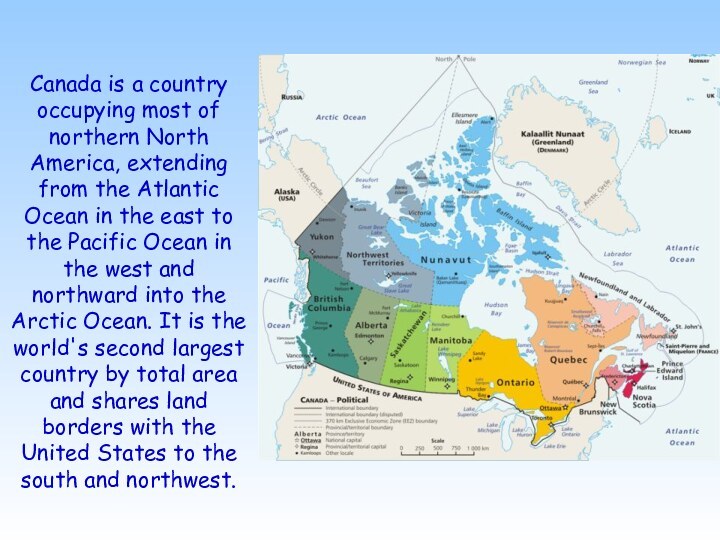
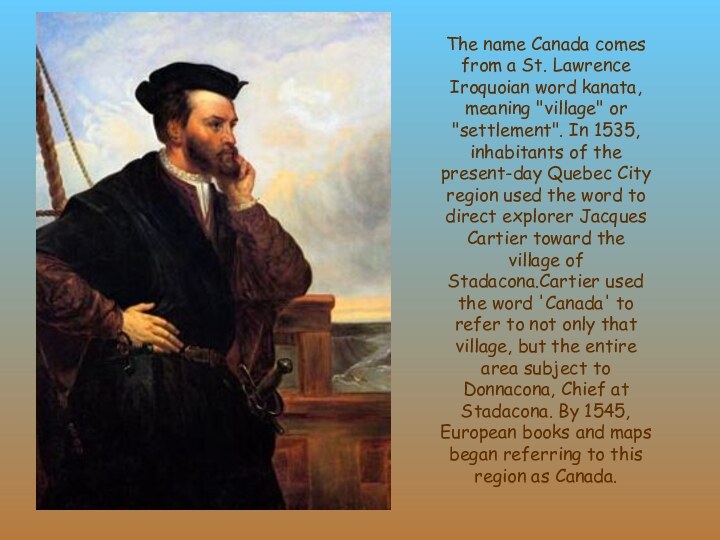
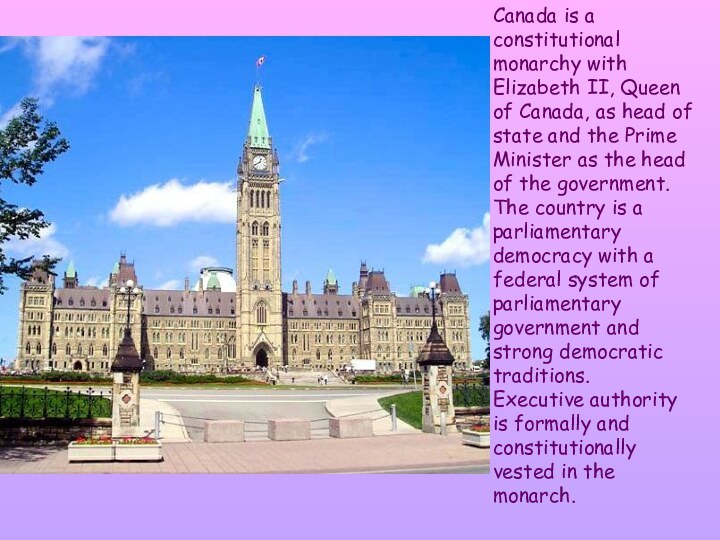
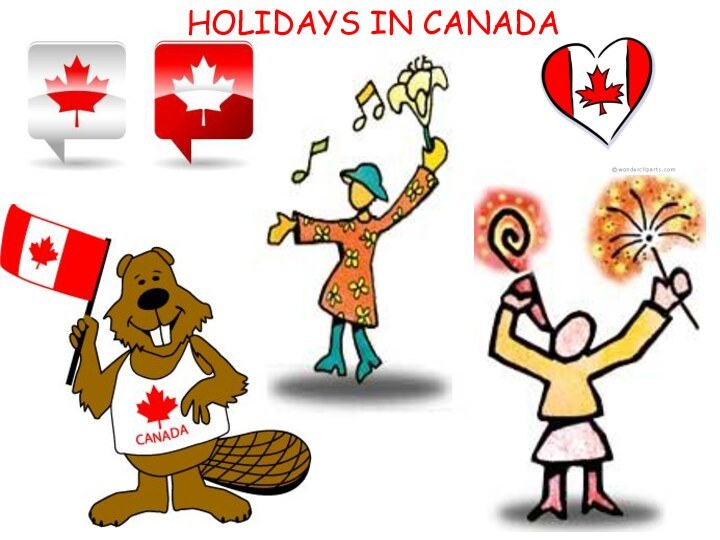
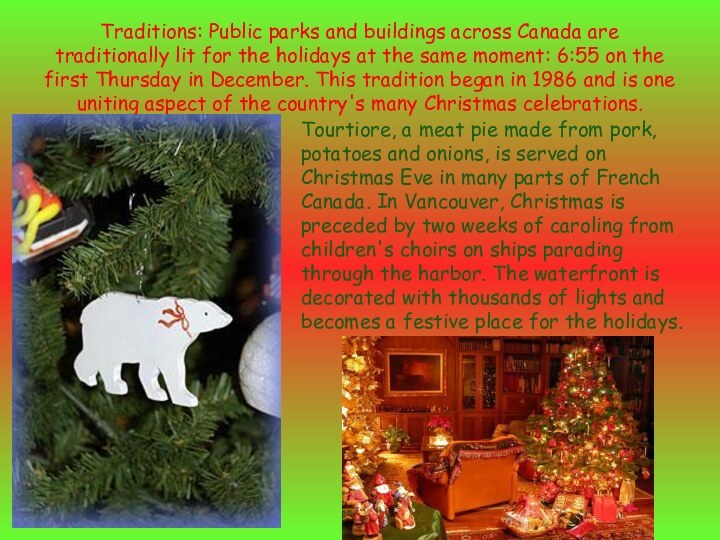
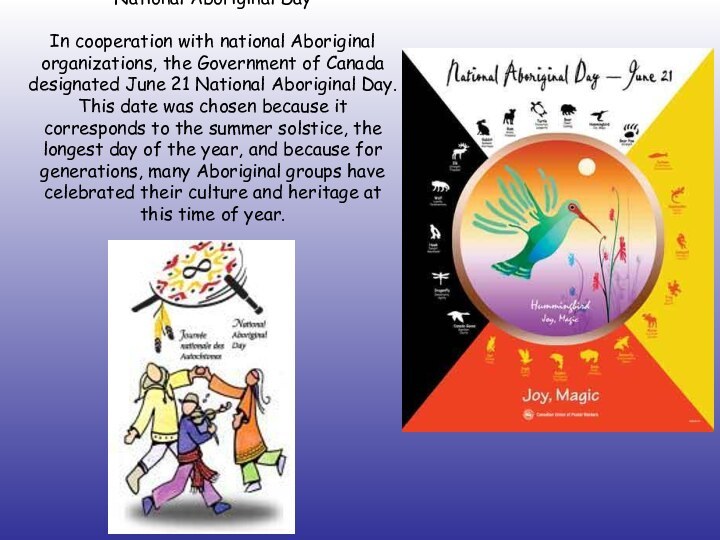
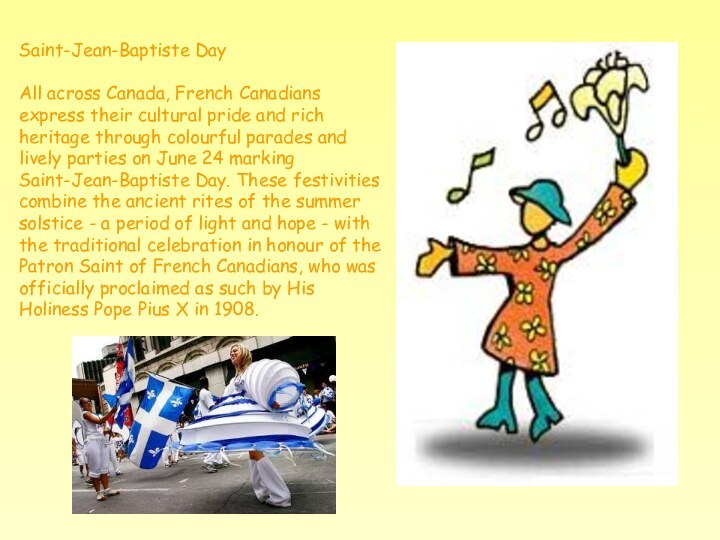
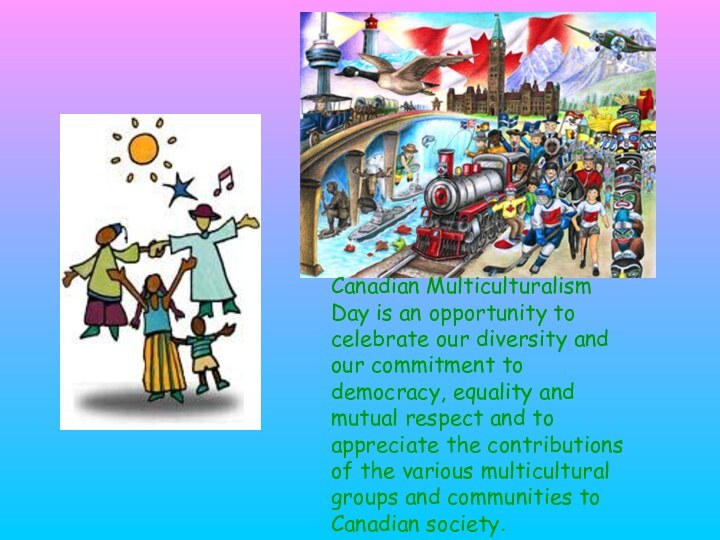
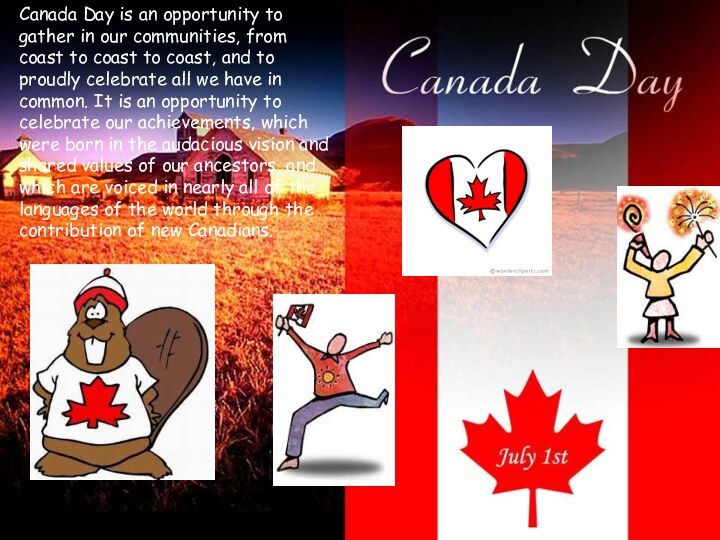
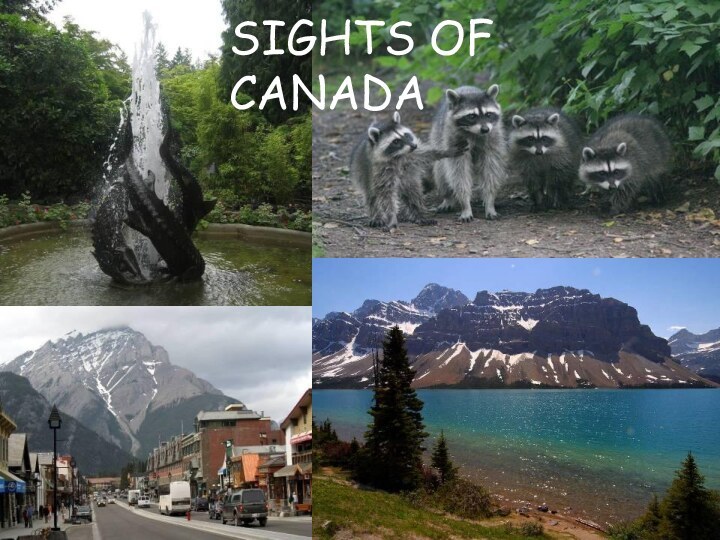
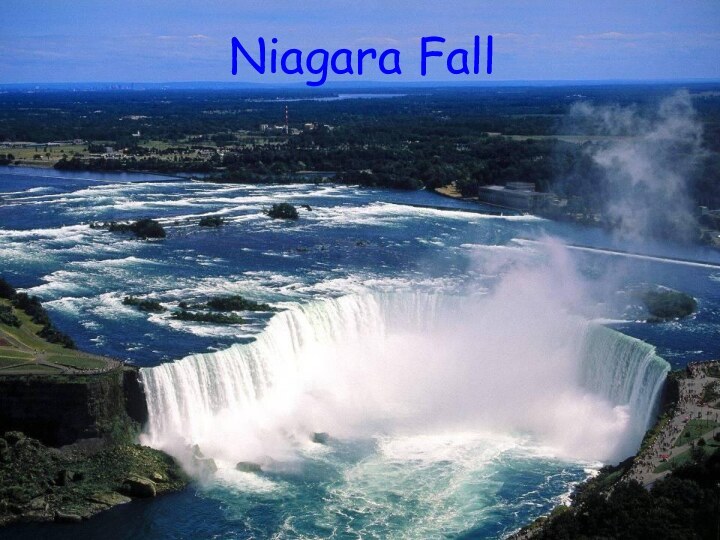
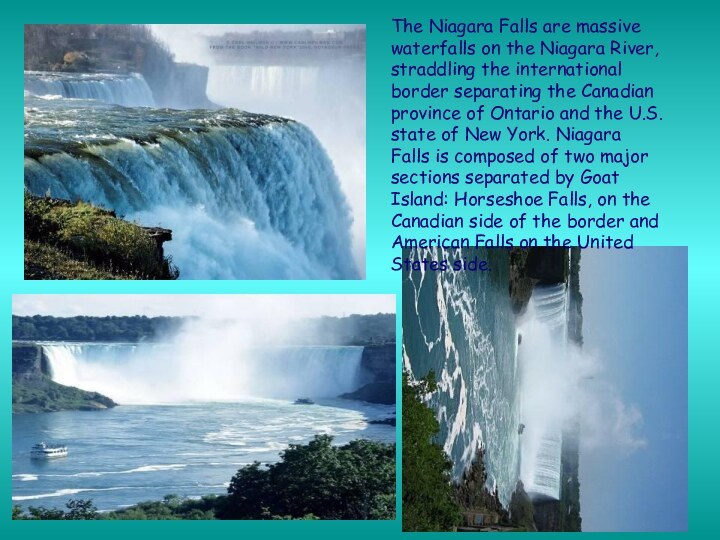
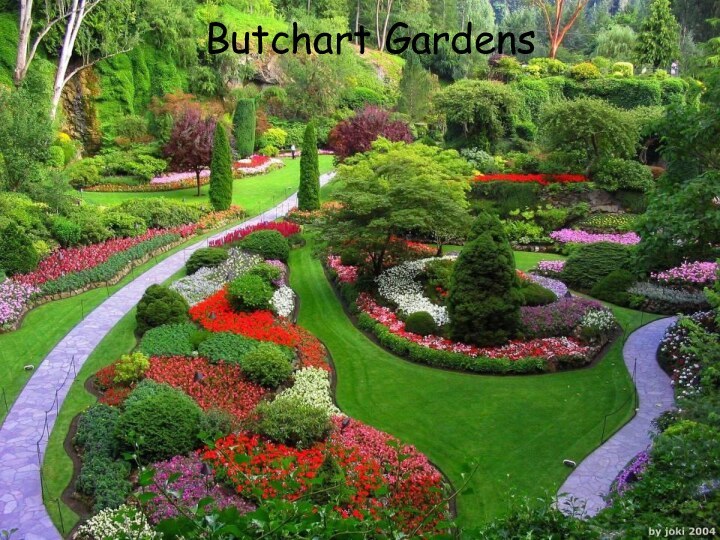
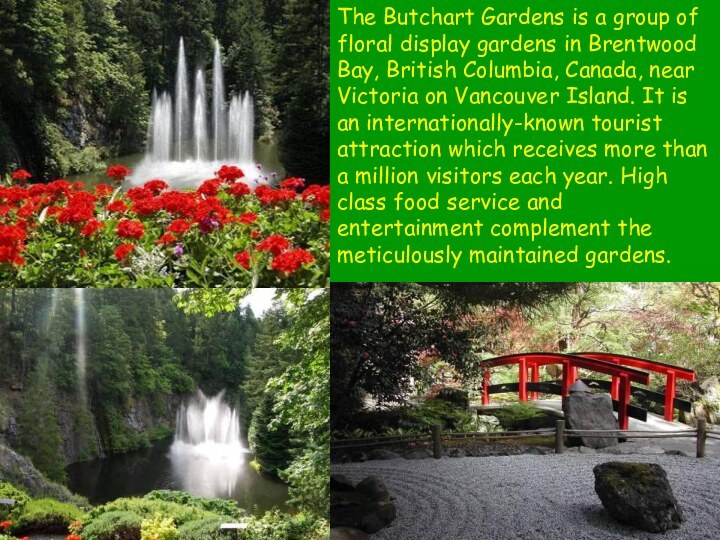

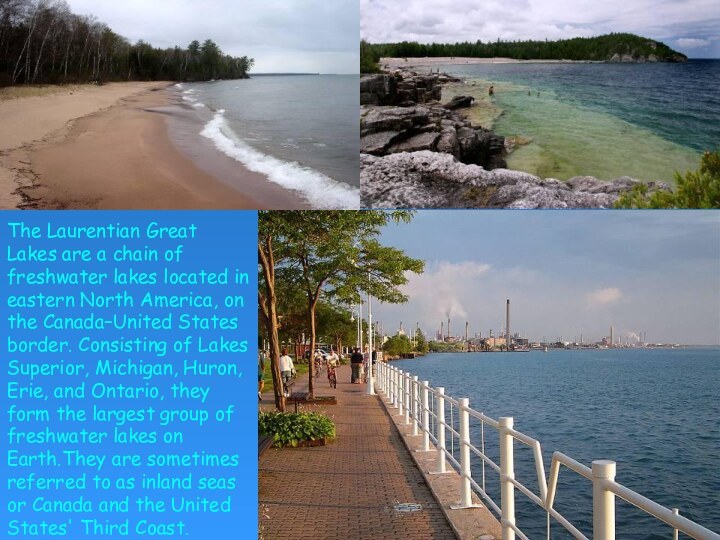
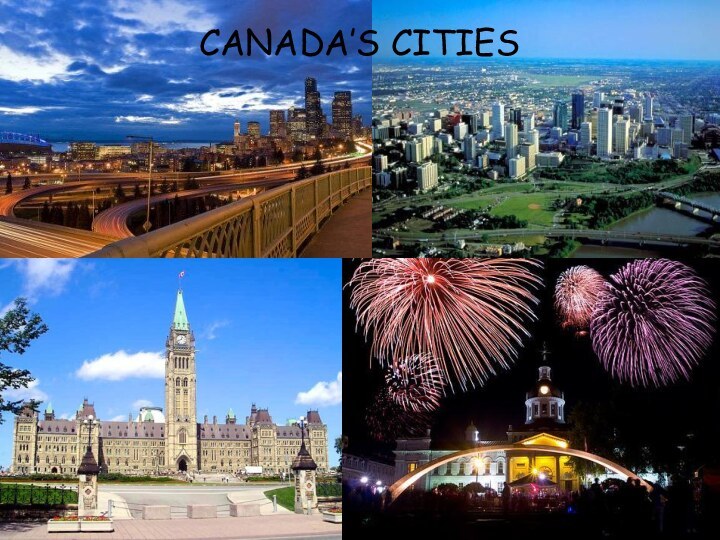
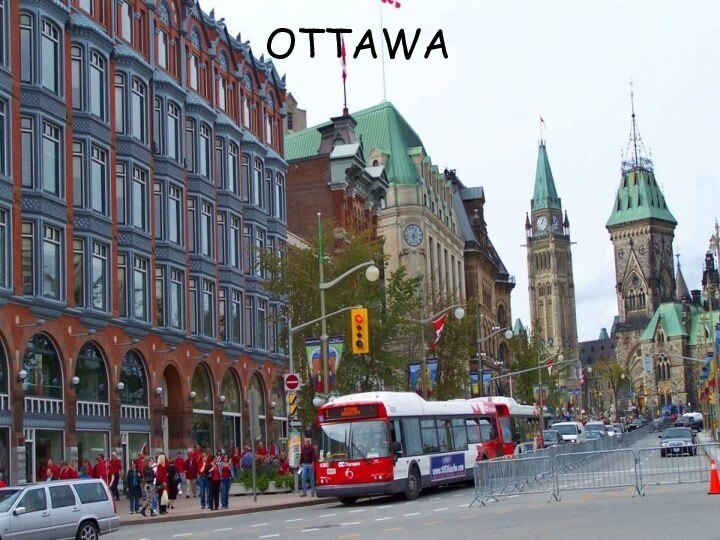
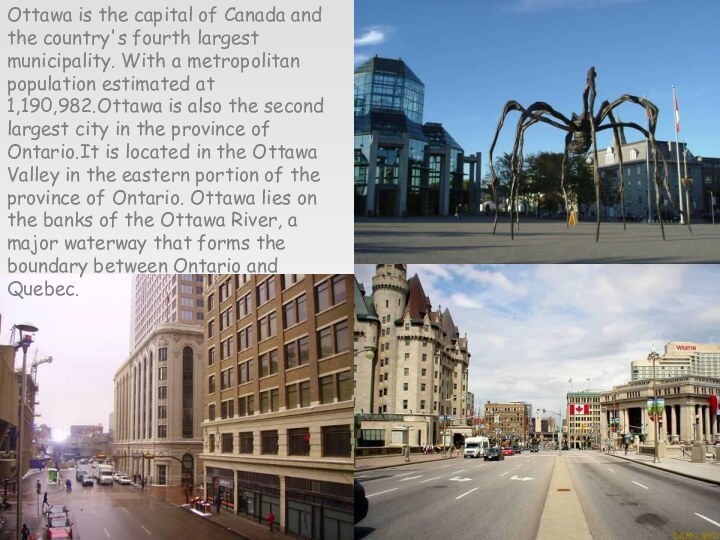
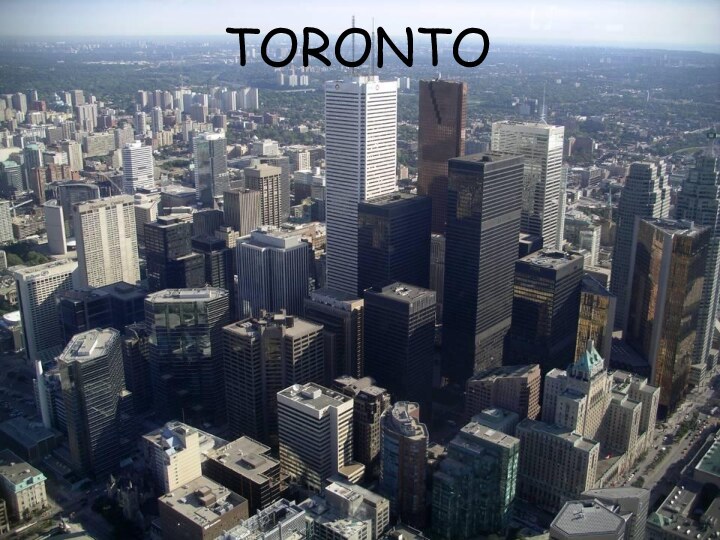
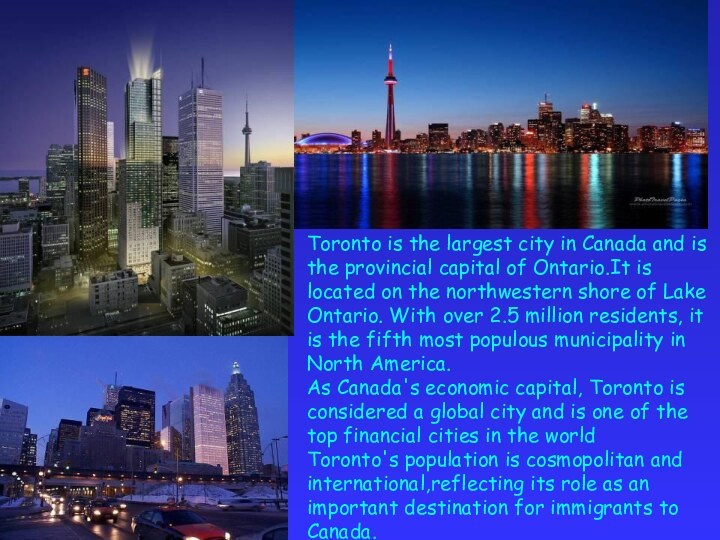
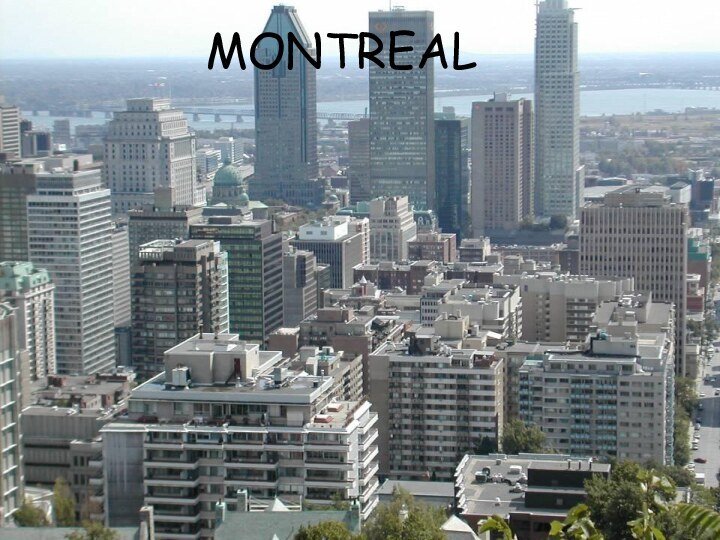
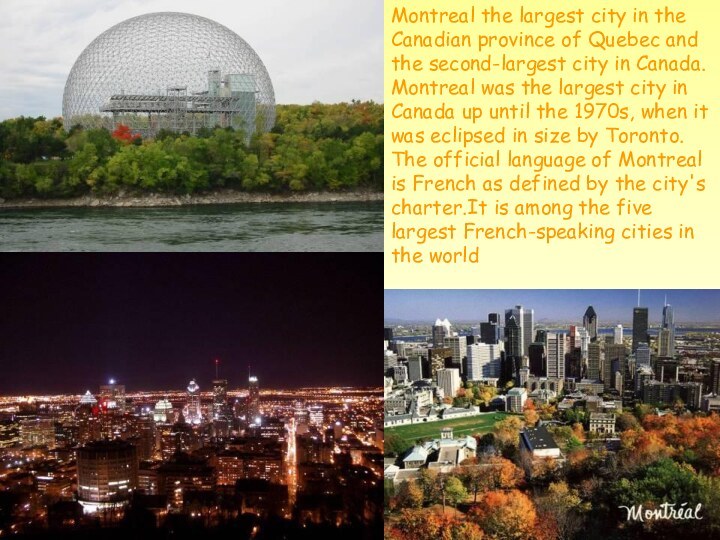
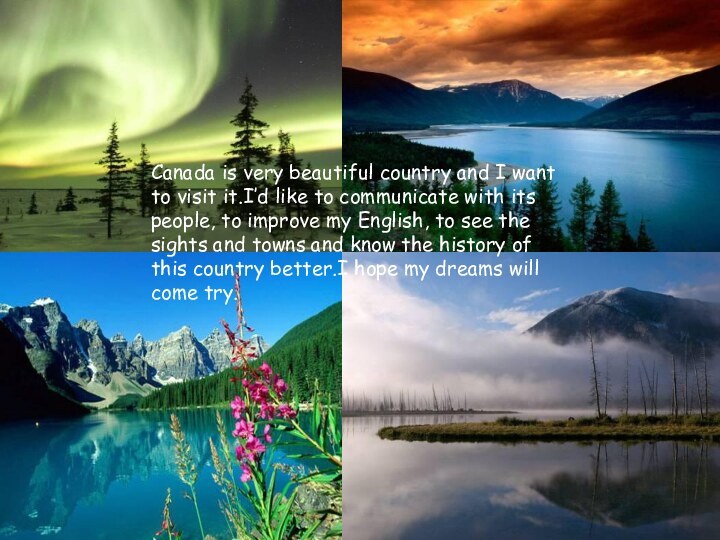
Слайд 5 The name Canada comes from a St. Lawrence
Iroquoian word kanata, meaning "village" or "settlement". In 1535,
inhabitants of the present-day Quebec City region used the word to direct explorer Jacques Cartier toward the village of Stadacona.Cartier used the word 'Canada' to refer to not only that village, but the entire area subject to Donnacona, Chief at Stadacona. By 1545, European books and maps began referring to this region as Canada.Слайд 6 Canada is a constitutional monarchy with Elizabeth II,
Queen of Canada, as head of state and the
Prime Minister as the head of the government. The country is a parliamentary democracy with a federal system of parliamentary government and strong democratic traditions. Executive authority is formally and constitutionally vested in the monarch.Слайд 8 Traditions: Public parks and buildings across Canada are
traditionally lit for the holidays at the same moment:
6:55 on the first Thursday in December. This tradition began in 1986 and is one uniting aspect of the country's many Christmas celebrations.Tourtiore, a meat pie made from pork, potatoes and onions, is served on Christmas Eve in many parts of French Canada. In Vancouver, Christmas is preceded by two weeks of caroling from children's choirs on ships parading through the harbor. The waterfront is decorated with thousands of lights and becomes a festive place for the holidays.
Слайд 9 National Aboriginal Day In cooperation with national Aboriginal organizations,
the Government of Canada designated June 21 National Aboriginal
Day. This date was chosen because it corresponds to the summer solstice, the longest day of the year, and because for generations, many Aboriginal groups have celebrated their culture and heritage at this time of year.
Слайд 10
Saint-Jean-Baptiste Day
All across Canada, French Canadians express their
cultural pride and rich heritage through colourful parades and
lively parties on June 24 marking Saint-Jean-Baptiste Day. These festivities combine the ancient rites of the summer solstice - a period of light and hope - with the traditional celebration in honour of the Patron Saint of French Canadians, who was officially proclaimed as such by His Holiness Pope Pius X in 1908.Слайд 11 Canadian Multiculturalism Day is an opportunity to celebrate
our diversity and our commitment to democracy, equality and
mutual respect and to appreciate the contributions of the various multicultural groups and communities to Canadian society.Слайд 12 Canada Day is an opportunity to gather in
our communities, from coast to coast to coast, and
to proudly celebrate all we have in common. It is an opportunity to celebrate our achievements, which were born in the audacious vision and shared values of our ancestors, and which are voiced in nearly all of the languages of the world through the contribution of new Canadians.Слайд 15 The Niagara Falls are massive waterfalls on the
Niagara River, straddling the international border separating the Canadian
province of Ontario and the U.S. state of New York. Niagara Falls is composed of two major sections separated by Goat Island: Horseshoe Falls, on the Canadian side of the border and American Falls on the United States side.Слайд 17 The Butchart Gardens is a group of floral
display gardens in Brentwood Bay, British Columbia, Canada, near
Victoria on Vancouver Island. It is an internationally-known tourist attraction which receives more than a million visitors each year. High class food service and entertainment complement the meticulously maintained gardens.Слайд 19 The Laurentian Great Lakes are a chain of
freshwater lakes located in eastern North America, on the
Canada–United States border. Consisting of Lakes Superior, Michigan, Huron, Erie, and Ontario, they form the largest group of freshwater lakes on Earth.They are sometimes referred to as inland seas or Canada and the United States' Third Coast.Слайд 22 Ottawa is the capital of Canada and the
country's fourth largest municipality. With a metropolitan population estimated
at 1,190,982.Ottawa is also the second largest city in the province of Ontario.It is located in the Ottawa Valley in the eastern portion of the province of Ontario. Ottawa lies on the banks of the Ottawa River, a major waterway that forms the boundary between Ontario and Quebec.Слайд 24 Toronto is the largest city in Canada and
is the provincial capital of Ontario.It is located on
the northwestern shore of Lake Ontario. With over 2.5 million residents, it is the fifth most populous municipality in North America.As Canada's economic capital, Toronto is considered a global city and is one of the top financial cities in the world
Toronto's population is cosmopolitan and international,reflecting its role as an important destination for immigrants to Canada.
Слайд 26 Montreal the largest city in the Canadian province
of Quebec and the second-largest city in Canada. Montreal
was the largest city in Canada up until the 1970s, when it was eclipsed in size by Toronto.The official language of Montreal is French as defined by the city's charter.It is among the five largest French-speaking cities in the world
